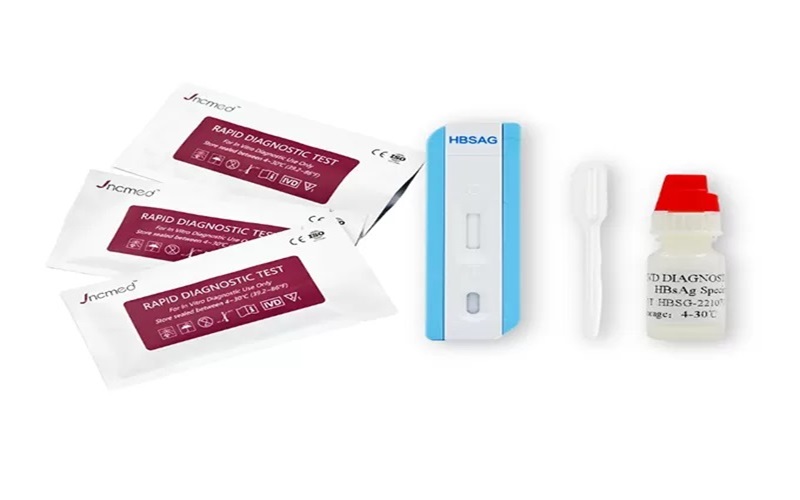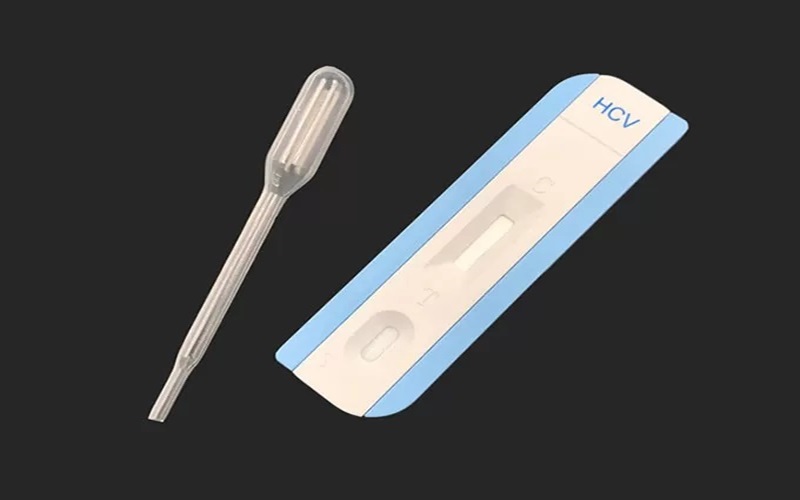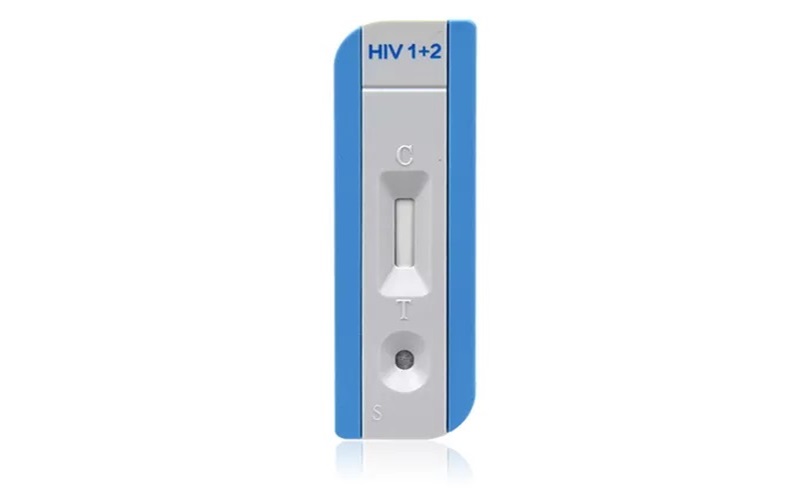The main types of dialyzers are hollow fiber dialyzers and flat dialyzers. When choosing, you need to consider factors such as the patient's weight, condition, dialysis adequacy requirements, and economic conditions. Generally speaking, hollow fiber dialyzers are widely used because of their small size, high efficiency, and good biocompatibility. For patients with a large body weight or high toxin removal requirements, dialyzers with large membrane areas and good permeability can be selected; for patients with bleeding tendencies or high biocompatibility requirements, dialyzers with good biocompatibility and little effect on coagulation function should be selected.
Products
- Medical Dressings and Bandaging Products
- Medical Waste Disposal Products
- In Vitro Diagnostic Reagents
- Respiratory Products
- Urology Products
- Infusion Products
- Operating Room Infection Control Products
- Commercial Medical Consumables
- Anesthesia Products
- First Aid Products
- Personal Care Products
- Rehabilitation Products
- Home Medical Equipment
- Animal Test Kits
- Animal Infusion Products
- Animal Diagnostic Equipment
- Animal Medical Consumables
What are you looking for?















